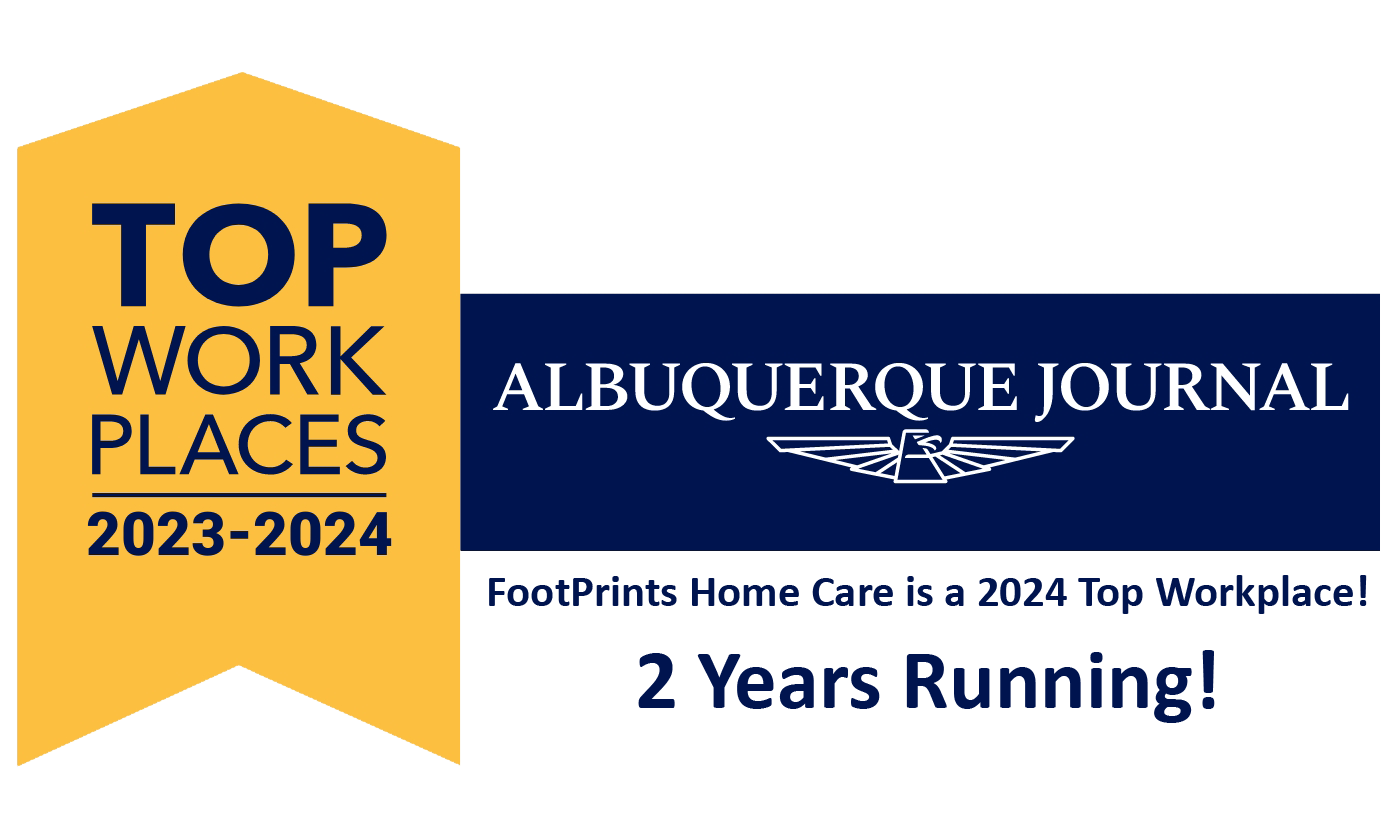The landscape of home care services has undergone significant transformations over the decades, influenced by advances in technology, shifts in societal attitudes, and a growing emphasis on personalized care. This blog explores the evolution of in-home care, highlighting key changes in practices, the impact of technology, and the movement towards more tailored care solutions for the elderly.
The Early Days of Home Care
Historically, home care was largely informal, primarily provided by family members. Professional care was rudimentary, focusing mainly on basic health and hygiene. There was limited understanding or resources for managing chronic conditions or disabilities at home, and professional options were often reserved for acute medical conditions or end-of-life care.
Technological Advancements
In recent years, technology has dramatically reshaped the delivery of home care:
Telehealth: The adoption of telehealth services has enabled real-time monitoring of patients’ health and virtual consultations with healthcare providers. This has been crucial for rural areas and for patients with mobility issues.
Smart Home Devices: From automated medication dispensers to emergency alert systems and GPS trackers, smart home devices have made it possible for seniors to maintain their independence while ensuring their safety.
Mobile Health Apps: These apps help both caregivers and seniors manage daily health metrics, medication schedules, and doctor’s appointments efficiently.
Changes in Care Practices
The approach to home care has also evolved:
Holistic Care Models: There’s been a shift from purely medical care to more holistic models that consider the physical, emotional, and social needs of seniors. This includes incorporating mental health support and lifestyle adjustments into care plans.
Professionalization of Caregiving: Caregiving has become more professionalized over the years. There are now certifications and specialized training programs that prepare caregivers to handle complex health needs and offer high-quality companionship.
Personalized Care Plans
Perhaps the most significant change has been the shift towards personalized care:
Customized Care Plans: Modern home care assesses the individual needs of each senior, crafting care plans that address specific health conditions, preferences, and life goals.
Family Involvement: Technology has also improved the involvement of family members in the caregiving process, with platforms that allow them to stay updated and coordinate care from afar.
Testimonials and Professional Insights
The impact of these changes is best understood through the experiences of those at the heart of home care:
Family Testimonials: Families often express greater peace of mind and satisfaction with the level of care their loved ones receive today compared to the past, noting the benefits of technological integration and personalized attention.
Professional Perspectives: Long-time care professionals can provide insights into how their roles have evolved, the challenges they’ve faced, and the advancements that have made the biggest impact.
The evolution of home care reflects broader trends in healthcare and societal changes towards aging and disability. It’s a testament to the progress made in ensuring that seniors can live dignified, independent, and comfortable lives in their own homes. As technology continues to advance and we gain a deeper understanding of senior care needs, home care services are likely to become even more effective and responsive.
This look at the past, present, and future of home care not only highlights the innovations that have shaped this field but also underscores the ongoing commitment to improving the lives of seniors and their families. Get in touch with us at FootPrints Home Care today to find out how we can provide peace of mind for you or your loved one!



